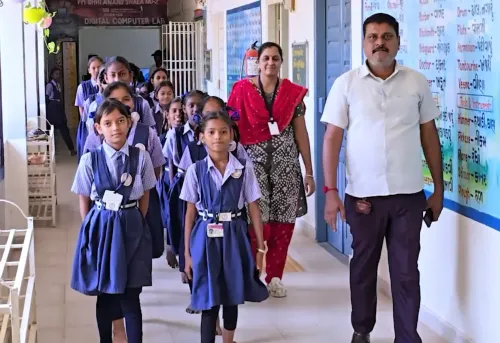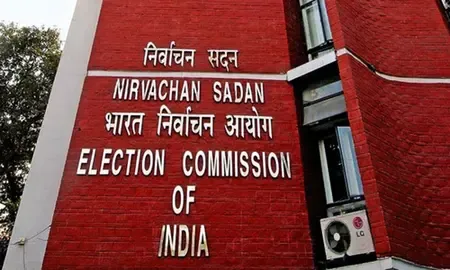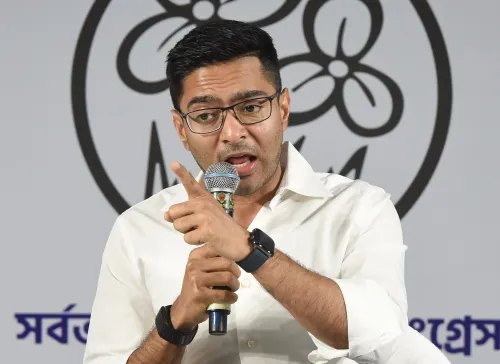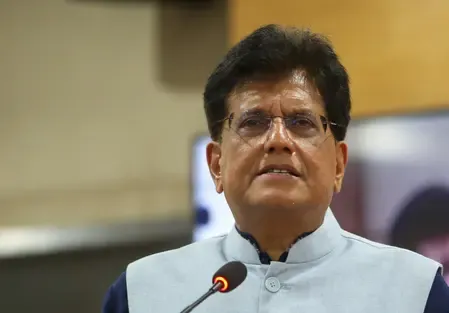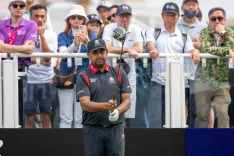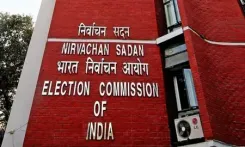Was the caste census a long-overdue demand?
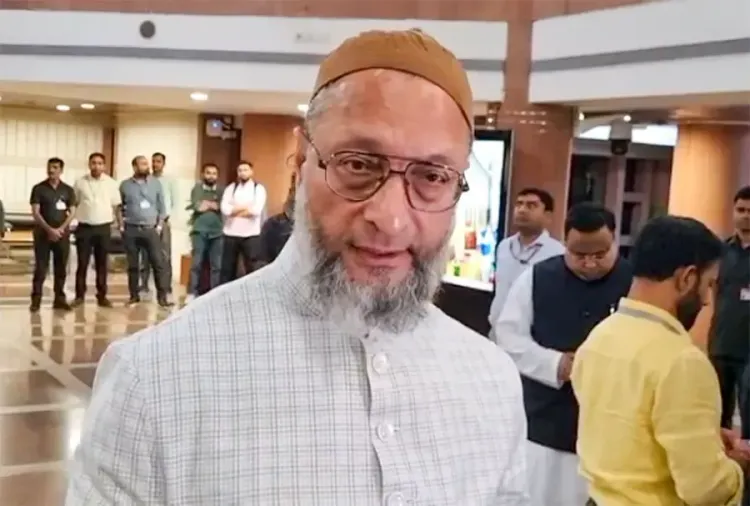
Synopsis
Key Takeaways
- The caste census has been a long-standing demand of many communities.
- Asaduddin Owaisi has been advocating for this since 2021.
- The Centre will include caste data in the upcoming Census.
- Telangana's initiative marks a historic first in Independent India.
- Accurate data is essential for fair distribution of resources.
Hyderabad, April 30 (NationPress) The President of All India Majlis-e-Ittehadul Muslimeen (AIMIM) and MP from Hyderabad, Asaduddin Owaisi, stated on Wednesday that the demand for a caste census has been long overdue for numerous communities, a request he has been advocating for since 2021.
"The Centre has consented to incorporate caste information in the forthcoming Census process. This was urgently required and has been a longstanding demand of various groups. I have been reiterating this demand since 2021," Owaisi expressed on X.
He extended his gratitude to Telangana Chief Minister A. Revanth Reddy for his pivotal role in executing this groundbreaking Caste Census in Telangana.
"This is the first initiative of its kind in Independent India, showing that 56.32 percent of the state's population belongs to Backward Castes (BC). Telangana has taken a remarkable step by proposing 42 percent BC reservations," said Owaisi.
The AIMIM chief emphasized the necessity of acquiring accurate data on the backwardness of Muslims. "It is crucial to obtain proper data regarding the backwardness of Muslims, covering various castes/groups within the community. NSSO and other statistics clearly indicate that Muslims are lagging behind economically, socially, and educationally," he stated.
Owaisi pointed out that the BJP has resisted granting Scheduled Caste status to Dalit Muslims and is also against reservations for backward Muslims.
"The BJP needs to maintain intellectual integrity. Data must be collected transparently and made publicly accessible. Government policies should align with Census data. The most backward communities deserve their rightful share in education and employment," he added.
The caste survey in Telangana indicated that the BC population, including BC Muslims, stands at 56.33 percent. The report reveals that Muslims make up 12.56 percent of Telangana's population, with over 10 percent classified as BCs.
The survey shows that 10.08 percent are BC Muslims, while the remaining 2.48 percent are classified as Other Caste (OC) Muslims.
According to the survey, 17.43 percent of the population consists of Scheduled Castes, 10.45 percent Scheduled Tribes, and 13.31 percent OCs.

